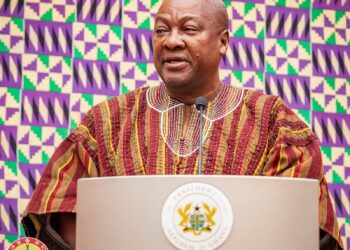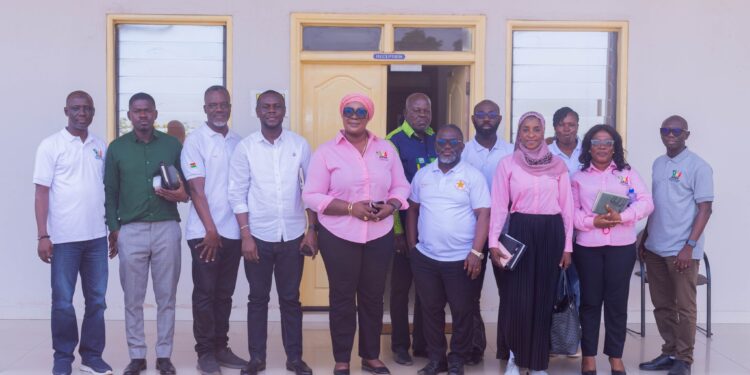Most recently, it was Niger and now Gabon. Coups, as contagious as they are, have spread fluttering wings over the African continent, creating an alarming sequence across the sub-Saharan region.
Since 2020, Mali, Guinea, Burkina Faso, Chad, Sudan have all had a taste of military takeovers, and have duly welcomed the new “kids on the block;” Niger and Gabon.
Gabon military coup is the 8th in Africa’s sub-Saharan region in the last 3 years.
This paints a different picture of the state of democracy in Africa. African democracy has been besieged by nepotism, corruption, election irregularities, inflated taxes, and it is becoming frail every passing day.
The continent is blessed with natural resources but due to the management of corrupt leaders who claim to be democratic, the citizens, especially those at the grassroots are unable to enjoy this blessing.
Corruption is shrouded under the cloak of democracy to the extent that the more democratic a country is lauded to be, the more endemic its corruption seems to be, especially among the public offices.
With just a priviledged few getting access to the milk and honey of the land and the greater populace living in abject poverty, under the fast increasing load of high cost of living, lack or poor education amongst other developmental ills.
Gabon, for instance, has been ruled by the same family for more than half a century.
It is one of the richest countries in Africa in terms of GDP per capita, largely due to its oil revenues. However, according to the World Bank, a third of the population still lives below the poverty line of $5.50 per day.
Just as Esau said to Jacob when he asked for some food, “Look, I am about to die. What good is the birthright to me?”
One can also ask, what good is a “democratic government” in which a few enjoy the national cake, leaving the masses with nothing but crumbs?
Is a military government in which the basic needs of the people are met not better?
The masses, like Esau, will gladly relinquish their “birthright” (freedom) for the bowl of pottage (military government).
The jubilant cheers of Nigeriens and the people of Gabon upon the declaration of their respective presidential overthrows lends emphasis to this fact.
Even in African countries that have not recently endured coups, democratic rule is in a highly precarious state. Only time and reforms stand between them and a military takeover.
Is Military Government The Answer, Will These Coup End?
Seeing as efforts by ECOWAS to return Niger to civilian government has failed, the probability of more coup attempts against long-standing rulers in the region is high.
In Cameroon, President Paul Biya has ruled for over 40 years. He has tightened his grip on power with crackdowns on the opposition.
Also, President Denis Sassou Nguesso has ruled Congo Republic for a total of 38 years. He altered the constitution in 2015 to extend term limits and was re-elected with 88% of the vote in 2021.
Nonetheless, there are reasons for every coup. It is needful to identify and solve the issues that triggered a coup than just ordering the return of civilian government. This is because, even after the institution of civilian rule, another coup can be staged if what caused the prior coup is not nipped in the bud.
Until the root causes of coups are addressed, we continue to live in the fear of another on taking place. We hope against hope that it doesn’t.





















